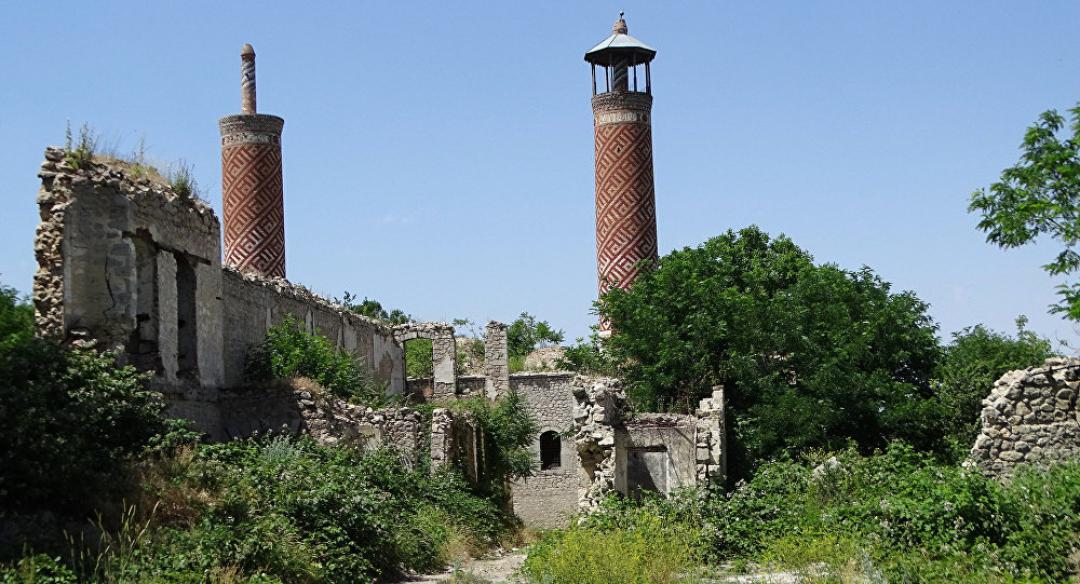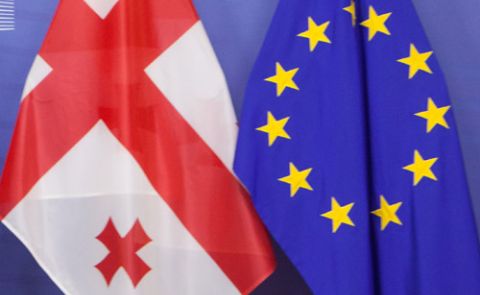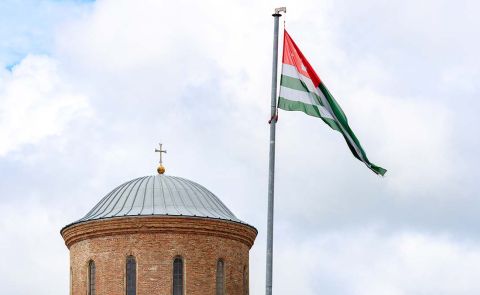
Nagorno-Karabakh: Russia to support all humanitarian projects in the region if dialogue is established

On 15 January, the spokesperson of Russia’s Ministry of Foreign Affairs Maria Zakharova stated that Russia would support all humanitarian projects that will help the Armenian and Azerbaijani people reconcile if Baku and Yerevan demonstrate a sincere intention to move in this direction.
“We would in every possible way welcome the establishment of a direct dialogue between the Azerbaijani and Armenian societies, as well as the holding of joint events in the humanitarian sphere by the two countries,” Zakharova said. In her opinion, such initiatives would contribute to the formation of an atmosphere of reconciliation, trust, mutual understanding and will benefit both the Azerbaijani and Armenian people and, in principle, the entire region of the South Caucasus, and therefore Russia.
The Turkish Foreign Minister Mevlut Cavusoglu called on Russia to sign an agreement on the status of peacekeeping forces in Karabakh. “The main issue is Russia's role in controlling movement through the Lachin corridor. Permission should be obtained from Azerbaijan for this. Karabakh is the territory of Azerbaijan. If any status quo is determined tomorrow, it will again be within the borders of Azerbaijan. Therefore, it should not do those without permission from Azerbaijan. You [Russians] are here as peacekeepers, you are not responsible for deciding who will come and go,” he stated.
Hungary recently declared its intention to be involved in the region. The Hungarian Minister for Foreign Affairs and Trade Peter Szijjarto spoke with Azerbaijan’s Minister for Labor and Social Welfare Sahil Babayev on how Hungarian companies can participate in the reconstruction of areas previously affected by the Karabakh war. Szijjarto added that the Azerbaijani side welcomed this intention, and Hungarian EximBank has opened a $100 million credit line for Hungarian companies intending to participate in the reconstruction program. In order to reduce the consequences of the war, Hungary also offered a grant of 25,000 euros for de-mining activities.
See Also


BP Strengthens Presence in Azerbaijan’s Offshore Energy Sector

Netanyahu’s Letter to Aliyev: Mutual Trust, Solidarity Following Hamas Attacks, Facilitating Dialogue Between Israel and Türkiye

Azerbaijan Expands JF-17 Thunder Fighter Jet Order from 16 to 40 Units

EU Commissioner and NATO PA Warn Georgia Over Democratic Decline Amid Accession Challenges

